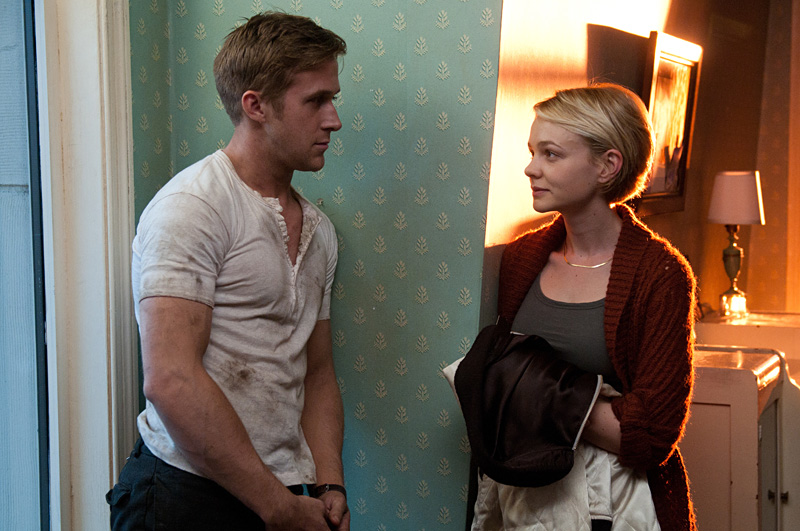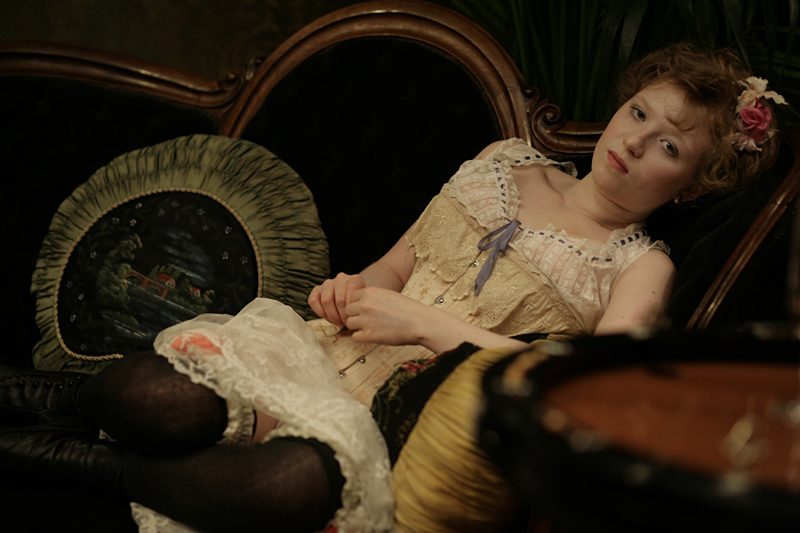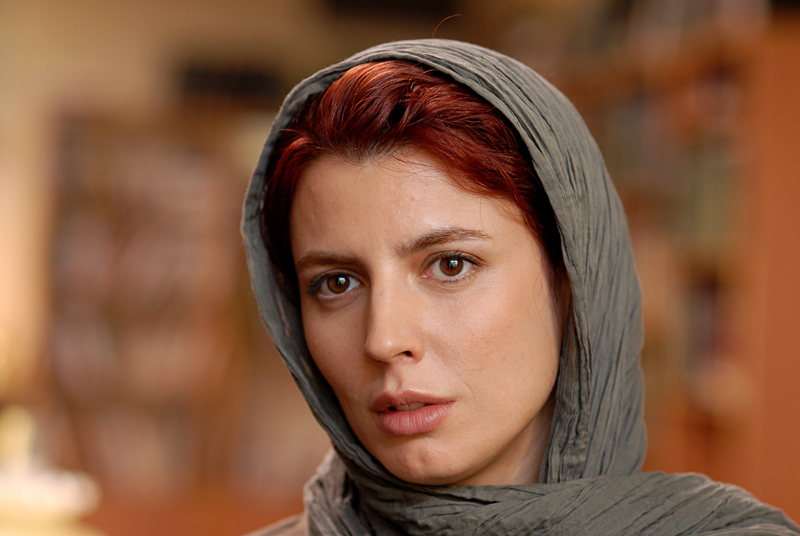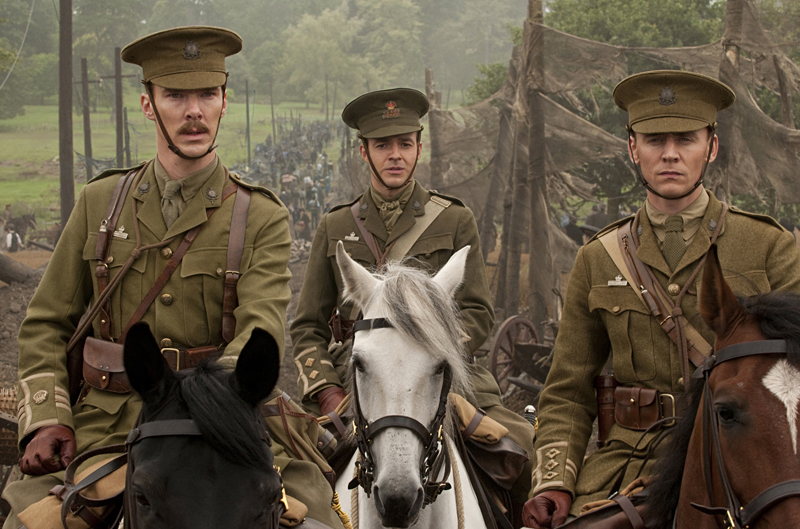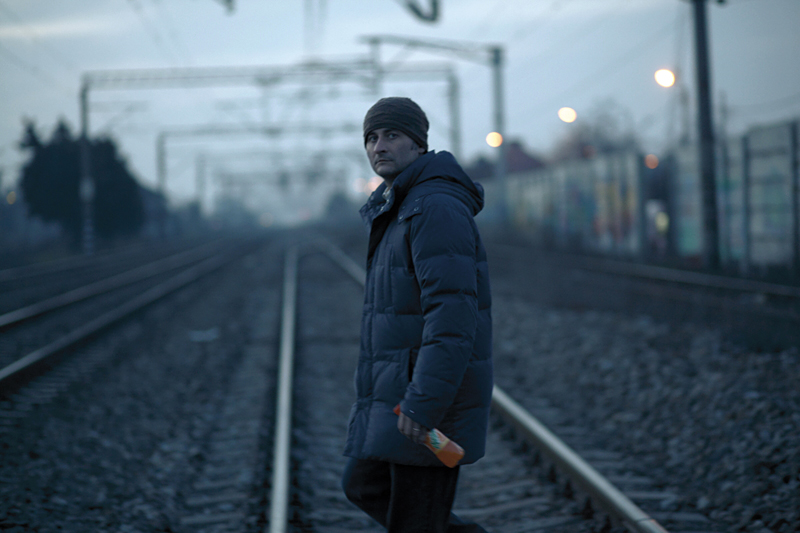As stripped-down and propulsive as its robotic title, Drive is the most “American” movie yet by Danish genre director Nicolas Winding Refn. It’s a sleek, tense piece of work that, as a vehicle for Ryan Gosling, has a kind of daredevil control, swerving the actor dangerously close to and abruptly away from self-parody. The plot could nearly be inscribed on the head of a pin: A chivalrous loner participates in an armed robbery to help out the woman he loves; the deal turns out to be a setup, and the body count explodes.
As amply demonstrated by the Pusher trilogy (1996–2005) and Bronson (2008), Refn is primarily a stylist, and this tale of an unnamed Hollywood stunt driver (Gosling) who moonlights as a hired wheelman (or is it vice versa?) and gets played for a patsy is a lovingly assembled, streamlined pastiche of ’80s movies and TV. (The most obvious reference is Walter Hill’s schematic 1978 action flick The Driver.) Drive is nominally set in the present day, but filtered through the 40-year-old director’s adolescence: Miami Vice‘s languid dissolves and neon-limned dive bars, Blade Runner‘s nocturnal skylines and floating overhead angles, and Top Gun‘s slow dollies and MTV-friendly lyrical montage interludes. The soundtrack is awash in mournful, exalted, romantic techno-pop.
Doling out his lines in an adenoidal whisper, Gosling is an understated hero in the Eastwood/McQueen tradition—almost ridiculously so: His trademark toothpick is a minimalist equivalent of the raunchy cheroot Eastwood gnaws in his spaghetti westerns. Gosling’s is a totally reactive performance: Whatever the provocation, he waits a beat to respond. Opposite him, Carey Mulligan’s single mom Irene is a shiny-eyed pixie—all manic overemotionalizing, as if one of the androids in Blade Runner had been retooled for perk appeal.
After the heist goes awry, the driver runs afoul of two gangsters (Ron Perlman and the excellent Albert Brooks), and the mayhem begins. Turns out the driver is not only a master of high-speed bumper cars but, when riled, also a near-lunatic killer. Gosling ably pivots between his character’s violence and chaste affection for Irene, but the professional here is Refn. This grindhouse risibility is totally strategic—at once counterpoint to the movie’s old-school suspense and an antidote to its out-front sentimentality. Basically, Drive is a song of courtly love and devotion among the automatons. It’s a machine, but it works.
